2013 Chamonix, Reserve Chardonnay, Franschhoek, South Africa
Critics reviews
Andrew Jefford - Decanter - Nov 2014
Platter Wine Guide , wineonaplatter.com, Nov 2014
About this WINE
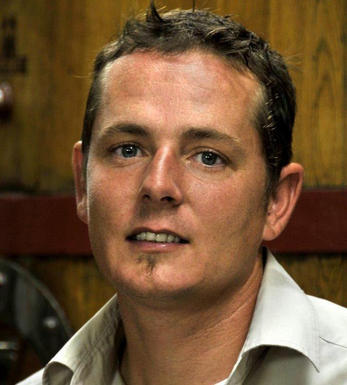
Chamonix
Founded in 1991 and named after the famed French skiing town, Cape Chamonix has some of the highest-planted vineyards in the Franschhoek wine region. The beautiful vineyards, planted on the mountainside above the valley floor, range from 320 to 597 metres in elevation, at heights where a cooling breeze helps to mitigate the generally warm Franschhoek climate.
Winemaker Gottfried Mocke was born in the Swellendam area and worked in Germany, France and Oregon before returning to his native country. It is fair to say that, after joining Chamonix in 2001, he completely turned around its previously rather ordinary wines and today has built the winery a reputation for producing some of the finest Chardonnay and Pinot Noirs in the country.
The winery currently farms primarily Pinot Noir and Chardonnay, along with Cabernet Sauvignon, Pinotage, Merlot and Sauvignon Blanc. The winery produces a range of wines, some particularly fine examples of a Bordeaux-style blends, as well as a schnapps and fruit for export, but the success of its wines threatens to eclipse all its other activities.
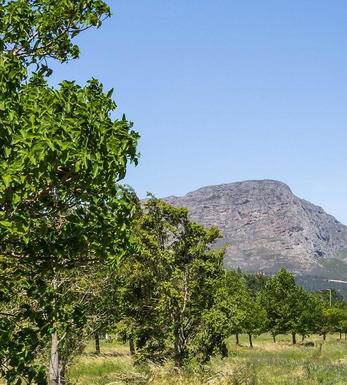
Franschhoek
Franschhoek wine region lies to the west of Stellenbosch in a fertile valley surrounded by the Drakenstein Mountains. The town of Frankschoek was founded by fleeing French Huguenots in 1688, who brought along their winemaking traditions and vines. Franschhoek's warm, temperate climate is perfectly suited to the production of powerful, saturated red wines and concentrated, fruit-driven white wines. The most prominent grapes in the region are Shiraz, Cabernet Sauvignon, Merlot and Pinot Noir.
Today it remains very much a boutique wine region with smallholding producers.
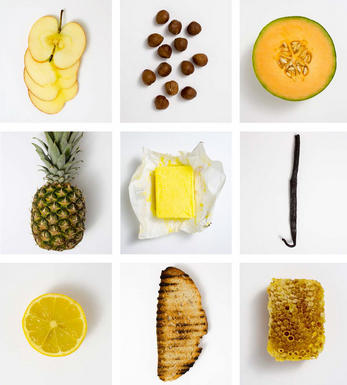
Chardonnay
Chardonnay is often seen as the king of white wine grapes and one of the most widely planted in the world It is suited to a wide variety of soils, though it excels in soils with a high limestone content as found in Champagne, Chablis, and the Côte D`Or.
Burgundy is Chardonnay's spiritual home and the best White Burgundies are dry, rich, honeyed wines with marvellous poise, elegance and balance. They are unquestionably the finest dry white wines in the world. Chardonnay plays a crucial role in the Champagne blend, providing structure and finesse, and is the sole grape in Blanc de Blancs.
It is quantitatively important in California and Australia, is widely planted in Chile and South Africa, and is the second most widely planted grape in New Zealand. In warm climates Chardonnay has a tendency to develop very high sugar levels during the final stages of ripening and this can occur at the expense of acidity. Late picking is a common problem and can result in blowsy and flabby wines that lack structure and definition.
Recently in the New World, we have seen a move towards more elegant, better- balanced and less oak-driven Chardonnays, and this is to be welcomed.


Buying options
Add to wishlist
Description
Both fine and generous; a representation of the quality of Chardonnay no bring produced across the Western Cape. Beautifully judged, rich and almost tropical fruit takes centre stage with toasty almond flavours showing their presence mid-palate. Rounded texture, a genuine crowd pleaser to suit occasions with or without food.
Martyn Rolph, Fine Wine Account Manager
wine at a glance
Delivery and quality guarantee